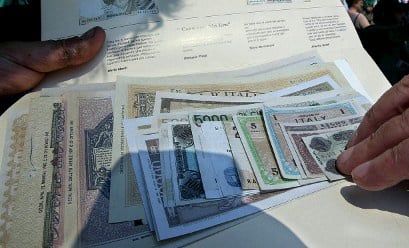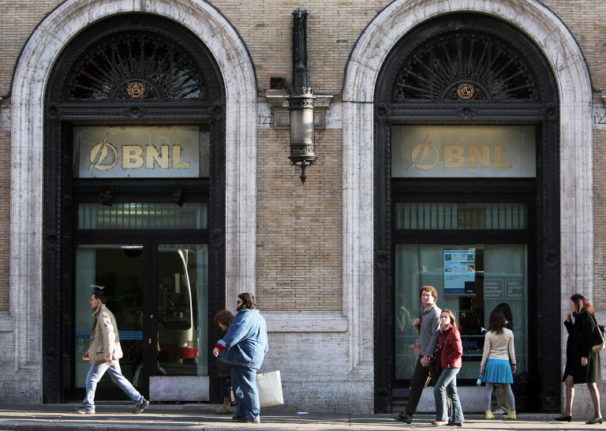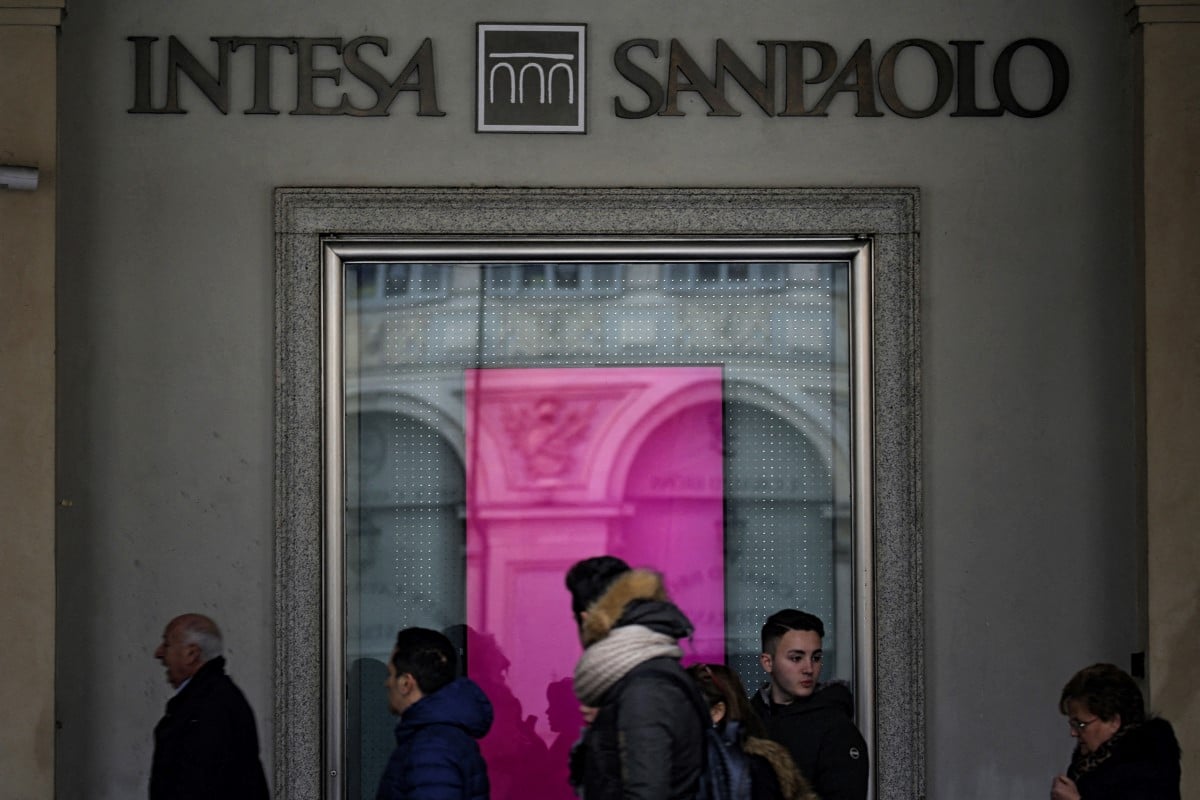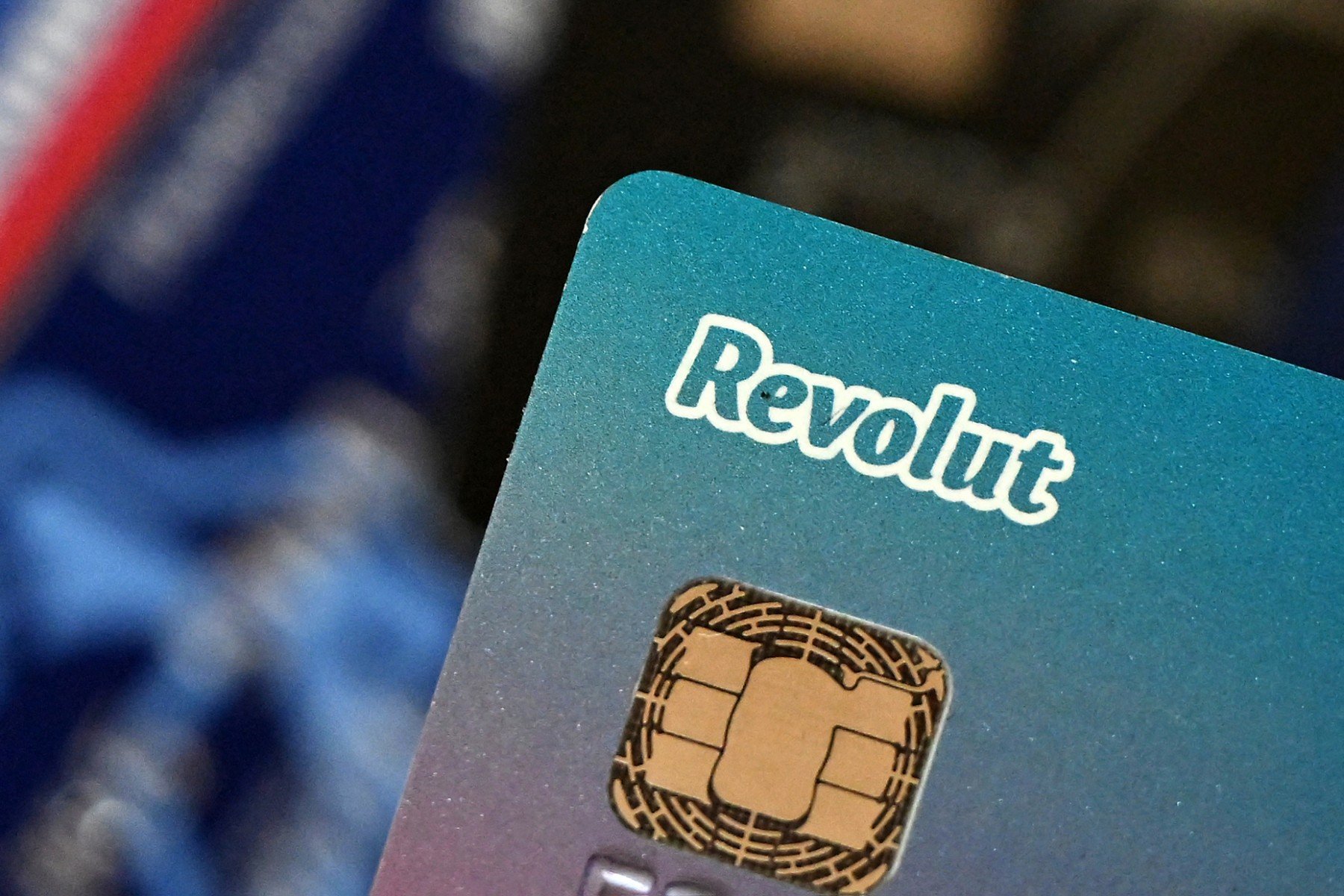Angela Vargas, a 60-year-old from Genoa, came across 37 million lire while cleaning out her attic with daughter Luisa.
The stash would be equivalent to around €19,100 today – that is, if she was able to convert it.
Vargas plans to challenge the central Italian bank in court after being told her find was worthless; she says that the legal time limit for converting the defunct currency shouldn't apply to people who only became aware of cash after the deadline had passed.
The money had apparently been kept in the attic for safe-keeping by Vargas's own mother, who died in 2006 without telling anyone about her secret savings.
Luisa told Il Corriere: “When grandma died, we discovered that she had hid money in the bedding, behind a cushion and in a shoebox. But those were just a few notes, not like this.”
Other families have been through similar disappointments upon finding millions of lire.
In 2014, a call centre worker thought she had found her fortune when she discovered 100 million lire stashed in a safe, but she too was told the cash was now worthless and could not be exchanged into euros. And in 2014, a couple who came across 41 million lire in their cellar told The Local they were planning to sue Italy's central bank after it refused to allow an exchange.
But there is a precedent for courts allowing belated conversions.
Earlier this year, a woman from Piedmont discovered 15 million lire in a hidden compartment of a new chest of drawers she had bought on auction site eBay.
Though she was initially told she couldn't convert it, she appealed to the constitutional court and was eventually allowed to change her stash of lire to modern money – thanks to a temporary re-opening of the lire exchange window.
Ahead of adopting the euro currency on January 1st 2002, Italy’s central bank set a time limit for the exchange of the lire. Any coins or banknotes not presented to the bank before December 6th 2011 are now worthless.
Italy has the strictest time limit of all 18 eurozone countries, although Finland, France and Greece were just a year behind with a 2012 deadline. The central banks of nine eurozone countries, including Germany and Ireland, have set no limit for exchanging banknotes from the old national currency.
If Vargas is successful in court, she may well not be the only one to benefit. It's believed that there is still the equivalent of €1.5 million of the old currency, hidden in shoeboxes, attics and old chests of drawers across the country.





 Please whitelist us to continue reading.
Please whitelist us to continue reading.
Member comments